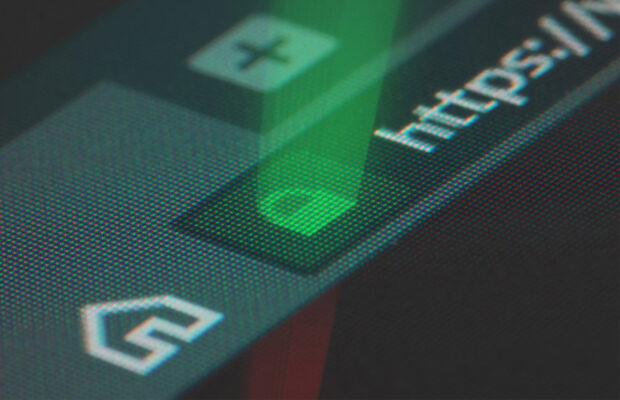Make Your Website Secure With Little To No Cost

Whether you are the owner of a company website, the owner of a website that generates business to a local service, or the owner of a website that features your personal blog, it’s important to keep that website safe and secure. As people are utilizing the internet to their advantage to complete everyday tasks and job responsibilities, there are just as many people utilizing the internet to commit fraudulent or ill-intended acts.
People are becoming more creative and knowledgeable when it comes to using the internet to commit fraudulent acts; these acts are usually conducted through hacking
Affordable Ways To Keep Your Website Secure
Hacking is perhaps one of the biggest downfalls of the internet. People are learning how to hack into people’s computers, mobile devices, and tablets through the internet. Hackers can exploit or delete personal information as well as use information found in order to get into bank accounts and other accounts that feature valuable information. Hacking has become such an issue for people, especially website owners, that companies like IT Acceleration, have been created in order to provide digital forensic services in the event of a hacker altering or deleting some sort of online information.
In order to best prevent your website from being hacked, it’s important to take proactive precautions. Here are some easy and affordable ways to keep your website secure.
Choose The Right CMS
It’s crucial to choose a trustworthy CMS, content management system, in order to best prevent your website from being hacked. Quality CMSs will continually advance and check the security of your website; constantly updating the software to ensure your website is safe from hackers. If any issues arise, your CMS will be able to defend your website.
The most popular CMS platforms are WordPress and Joomla. Both are simple to use and will provide quality security benefits to your website.
Install A Web Application Firewall (WAF)
By installing a Web Application Firewall, WAF, you will be able to provide an added level of security to your website. A WAF will secure your website, preventing attacks before they start. WAFs are particularly good at keeping websites secure from fraud and data theft because of their ability to block any suspicious activity.
Installing a WAF is especially important if your website deals with making transactions. A WAF will protect not only your data but also your customer’s information.
Manage Add-Ons & Plugins
Add-ons and plugins can create major hazards for visitors to your website; they can also slow down the loading time of your website. Certain add-ons and plugins can contain viruses that can leave your website open for hackers to get into and steal, exploit or alter website content.
In order to secure your website from harmful add-ons and plugins, performing periodic inspection of all add-ons and plugins will ensure that your website is secure from any outside threats.
Choose Reliable Passwords
Often, hackers are able to make their way into a website because of inadequate passwords.
It’s recommended to use a variety of different passwords on your website and to use passwords that feature a variety of letters, numbers, and symbols. It’s also recommended not to use a password that has any significant meaning. Hackers, with very little research, can guess a website owner’s password by looking at things such as a website owner’s social media accounts. It’s best to avoid passwords that use names, birthdays, or any other personal information that may be found on the internet. Ideally, you’ll want to protect and encrypt your passwords using a strong password manager.
Two-Factor authentication is another great way to keep your website secure.
Stay Up To Date On Software Updates
The point of software updates is to make the software the best it can be which includes making it as secure as possible. When you get a notification to update your website with the newest software, it’s imperative to install it. Software updates contain improved security, fixing any holes that may have been found in the previous version of the software.
Keeping Your Website Secure On A Budget
It costs little to nothing to keep your website secure; therefore there’s no reason that your website should be at risk. Your website is a valuable asset to either your business, your finances, your hobbies, or all 3; keeping it secure should be a top priority. Keep these safety and security tips in mind as you further build your online presence.










 © 2024
© 2024
0 comments